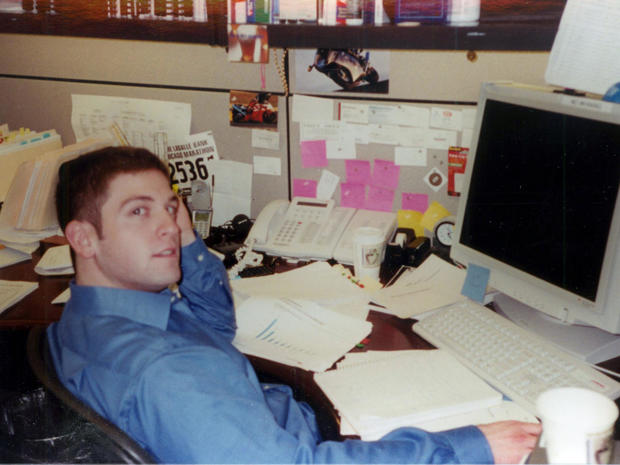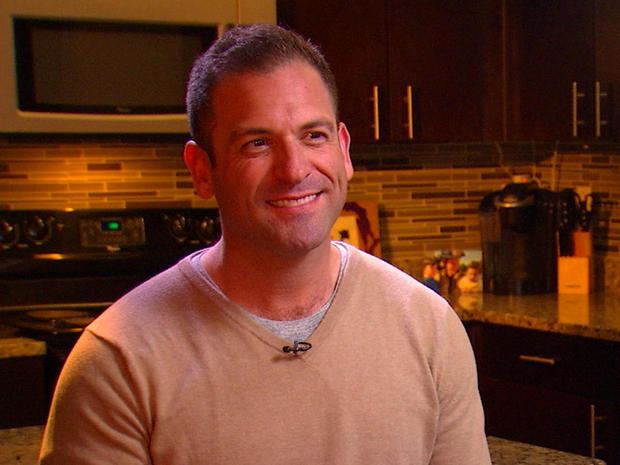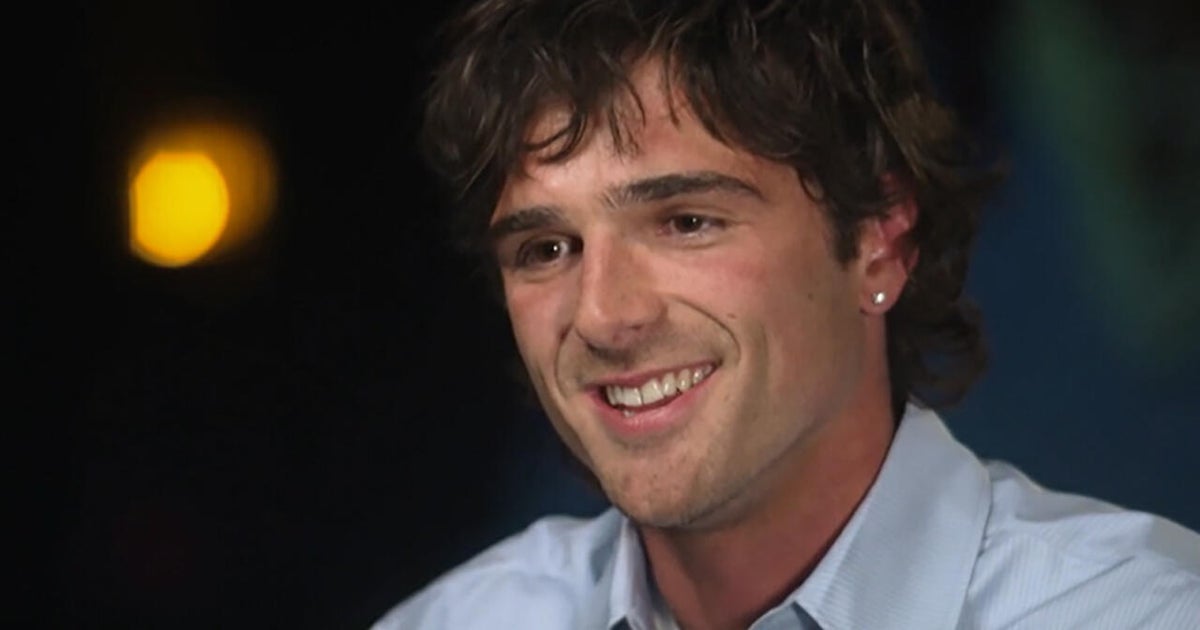Can money buy happiness?
It's one of life's eternal questions: Can money buy happiness? Susan Spencer went searching for answers (This story was originally aired on April 15, 2018):
In 2000, fresh out of college, Cristian Hinojosa took a juicy job as an investment banker, getting paid big bucks.
"You're making six figures at 21 years old," he said. "You have a car service at your disposal. You're flying all over the world."
But was he happy? "I was miserable. I remember having the thought, 'All I'm doing is trying to make money for my clients, my bosses, and myself.' And I said, 'I don't know if I can do this anymore.'"
He stuck it out for five wretched years, then decided to chuck it, and applied for a different job … a VERY different job.
"While I was actively employed as an investment banker, I submitted an application to the Dallas Fire Department, and a few months later got in!" Hinojosa said.
"You went way out on a limb?" asked Spencer.
"Way out!" he laughed.
Thirteen years later, Captain Cristian Hinojosa lives modestly in a two-bedroom rental making, well, let's just say a lot less than the seven-figure salary he would have been making.
Yes, he left a ton of money on the table, but he said, "My quality of life went through the roof doing what I do."
Amherst College psychology Professor Catherine Sanderson was Cristian's undergraduate advisor. She says his decision was especially tough in our money-grubbing culture. "There is this assumption always that, if I just had a little bit more, I just had a little bit more, then I will reach this happiness," she said.
Spencer asked her, "Do you feel proud of him for having made this decision?"
"I do. I love it," Sanderson laughed.
But to that ultimate question: Can money buy happiness? Sanderson's emphatic answer is "No." The key to contentment, she says, is not how much you earn, but how you feel about earning it.
"When you talk to people who love their jobs, overwhelmingly what they say is not, 'I love my paycheck,'" Sanderson laughed. "What they say is, 'I find the job meaningful.'"
It's something she is trying to teach her own college-aged son: "I remember being at a brunch with some of his friends' parents. And I said, 'I think my son, Andrew, would make a wonderful high school teacher.' And another parent at the table said, 'Oh, he's very bright. He could do so much better than that!'"
"Because, of course, he would want to do something that makes more money?" Spencer asked.
"Of course."
Research shows that once you are above the poverty line, making more money won't necessarily bring more joy, especially if you spend it on more stuff.
The reason is what psychologists call the "Hedonic Treadmill." Like hamsters on a wheel, we keep running after new stuff, never satisfied with the stuff we just got.
Sanderson said, "There's a cartoon that I show when I give a talk on this. It's somebody lying on their deathbed, and the person says, 'I should have bought more crap.' That's ridiculous, right? Because no one, at the end of their life, is thinking, 'My biggest regret is I wish I had a nicer car!'"
So, if spending money on stuff won't make you happy, how should you spend it?
Harvard Business School professor Ashley Whillans and her colleagues handed out cash to two groups of people, telling one to go buy themselves something, and the other to pay someone to do a hated chore, like laundry. Guess who was happier?
"Even spending as little as $40 to buy ourselves out of a negative experience like cooking or cleaning can have significant benefits for people's happiness," Whillans said. "Participants who bought themselves time reported more joy, and less negative emotions."
"So, money in fact can buy happiness if you spend it in the right way!" said Spencer.
Just don't tell that to Cristian Hinojosa. When Spencer asked him if money can buy happiness, Hinojosa replied, "I don't believe it does."
For more info:
Story produced by Amiel Weisfogel.






